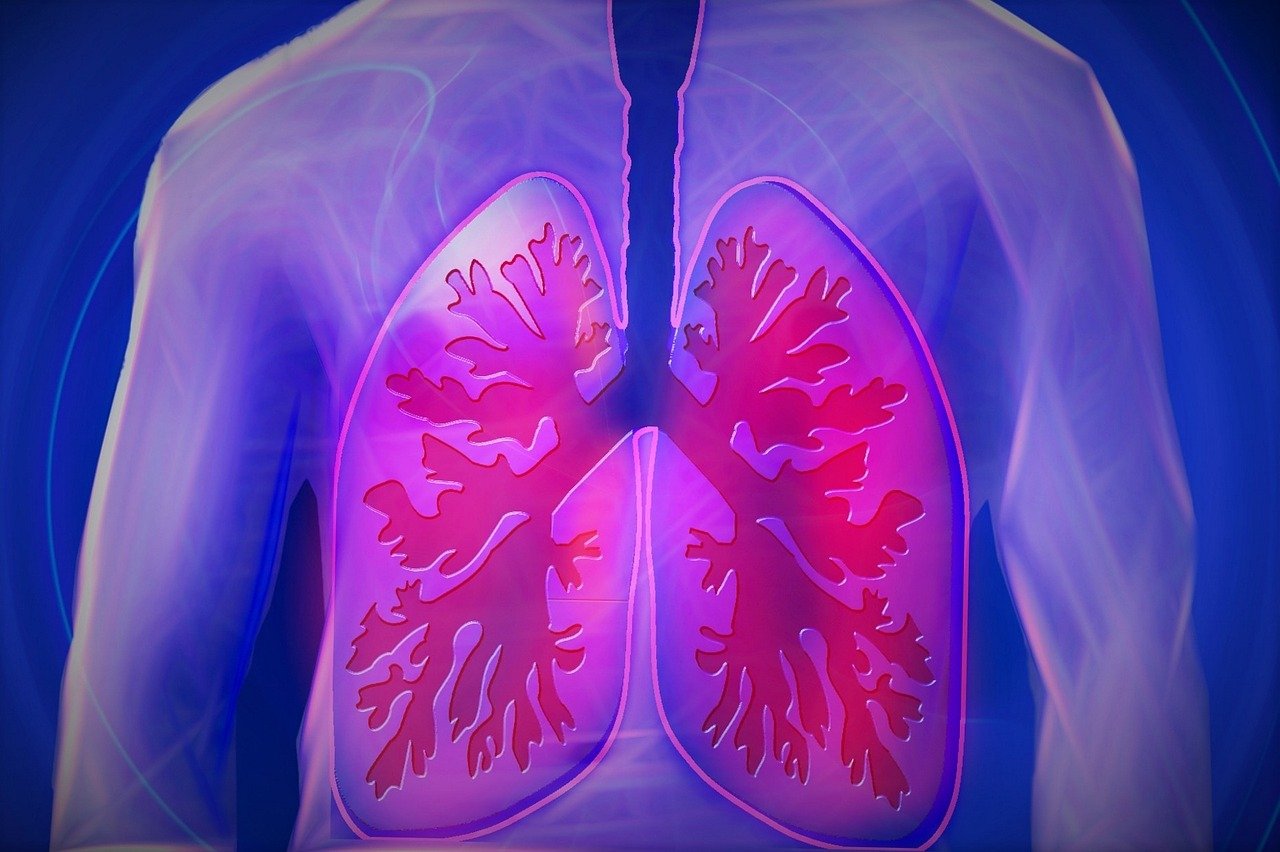Pulmonology is a medical specialty responsible for treating diseases involving the respiratory tract. Synonymous with the terms chest medicine, respiratory medicine, respirology, and pneumology in many countries, Pulmonology is a branch of internal medicine and linked to intensive care. The patients who come under the purview of this specialty often need life support and mechanical ventilation. The pulmonologists receive specialized training in conditions and diseases of the chest like asthma, tuberculosis, pneumonia, emphysema, and various other complicated chest functions.
Understanding the respiratory system
As already mentioned, Pulmonology is the area of medicine that revolves around the health of the respiratory system. This system includes the organs that help us in breathing. The three major parts of this system are the airway, the respiratory muscles, and the lungs. The airway includes:
- Nose
- Pharynx
- Larynx
- Trachea
- Mouth
- Bronchi
- Bronchioles
- Alveoli
Various muscles are responsible for the process of respiration, the most important being the diaphragm. The other muscles are divided into the following categories:
- Intercostal muscles which help in the process of inhalation.
- Exhalation muscles which help in the process of forceful or active exhalation.
- Accessory muscles which help with inhalation but do not have a primary role to play.
Who is a pulmonologist?
A pulmonologist is a specialist who is responsible for diagnosing and treating conditions that affect the respiratory system. Generally, they are experts in treating the following types of disorders.
- Structural
- Inflammatory
- Infectious
- Neoplastic, which deals with tumors.
- Autoimmune
In some situations, often, the treatment of pulmonary diseases may extend to the cardiovascular system. There are certain conditions like pulmonary vascular diseases, which attack the respiratory system at first but can affect the other organs of the body as well.
Subspecialties of pulmonology
If your interest lies in understanding the various subspecialties of pulmonology or the conditions which come under the field, have a look into the following.
- Lung transplantation and its management both before and after surgery.
- Neuromuscular diseases which occur due to the failure in the respiratory muscles.
- Interstitial lung diseases which arise due to persistent inflammation and scarring of the lungs.
- Interventional pulmonology, involving multidisciplinary care to treat any disorder in the airway, pleural diseases, and lung cancer.
- Sleep-disordered breathing
- Obstructive lung diseases which occur due to narrowing or obstruction of the airway.
What are some of the conditions treated by the pulmonologists? When you are not much aware of the conditions that require the intervention of a pulmonologist, you can read this article to form a fair idea. Following are some of the conditions, which, if you or your loved one suffers from, require the help of a pulmonologist.
- Bronchitis, which happens due to an inflammation in the lower airway.
- Bronchiectasis, which is a condition due to inflammation and excess mucus.
- Asthma
- Emphysema, which happens when the alveoli in the lungs get damaged.
- Interstitial lung diseases, which harm the space and tissues within the lung.
- Chronic obstructive pulmonary disease or COPD causes a blockage in the flow of air.
- Occupational lung diseases, which occur due to the inhalation of specks of dust, proteins, or chemicals.
- Obstructive sleep apnea causes breathing to slow down or stop entirely while a person is sleeping.
All the diseases mentioned above are very much alarming and might even lead to death at their worst. The hospitals are well equipped to treat these diseases.
Treatment of pulmonary diseases
For pulmonary problems, every hospital should have the proper infrastructure and well-experienced doctors to provide relief. The department should be capable of providing emergency services, and resident doctors should also be available round-the-clock to take care of emergency patients. A good multispecialty hospital should have an Intensive Care Unit to provide all kinds of services in emergencies.
Various hospitals are capable of providing much-needed care and attention in the case of pulmonary disorders. The pulmonary and respiratory care physicians in these hospitals are specialists in diagnosing and treating every kind of abnormal lung condition as well as breathing diseases. The newest technologies and strategies help the patients in improving the health of their lungs.
The Pulmonology department of some of the reputed hospitals also focuses on disease-oriented research programs with a focus on applying the latest medical developments for effective treatment and care. The respiratory system consists of some specific organs and structures that take care of a very special function in our body- respiration. Any disorder can lead to damage to the brain, and ultimately death. As the problems occurring can be critical, it is essential to get treated by the best hospitals.




